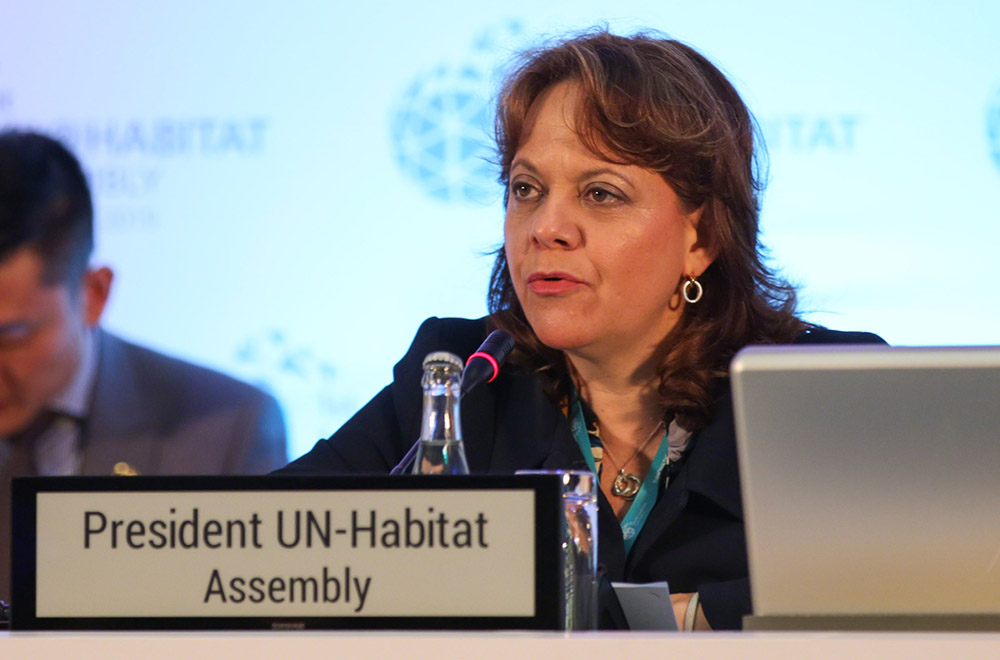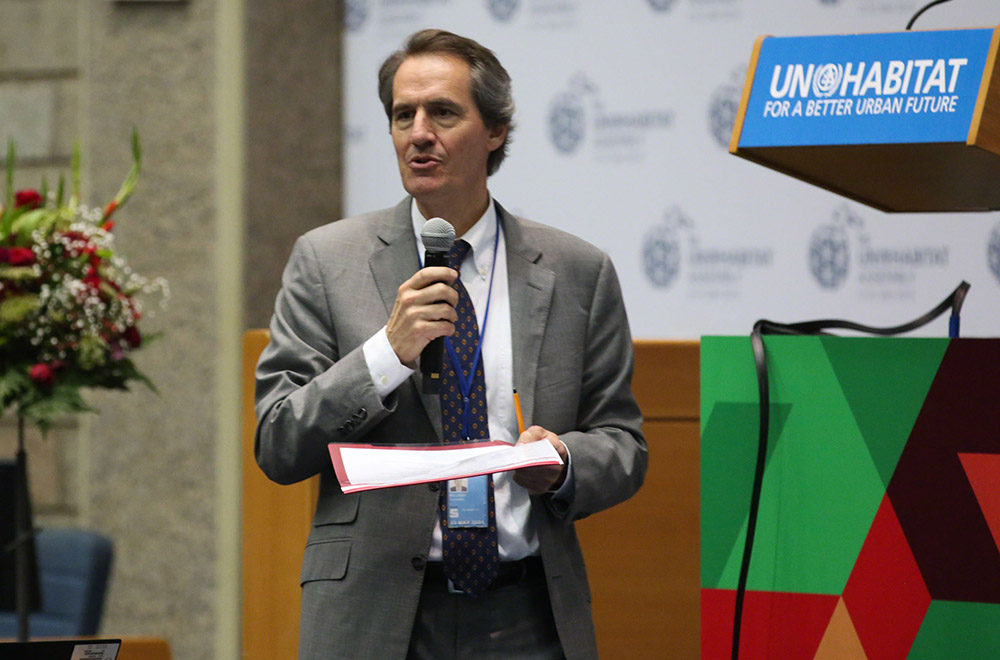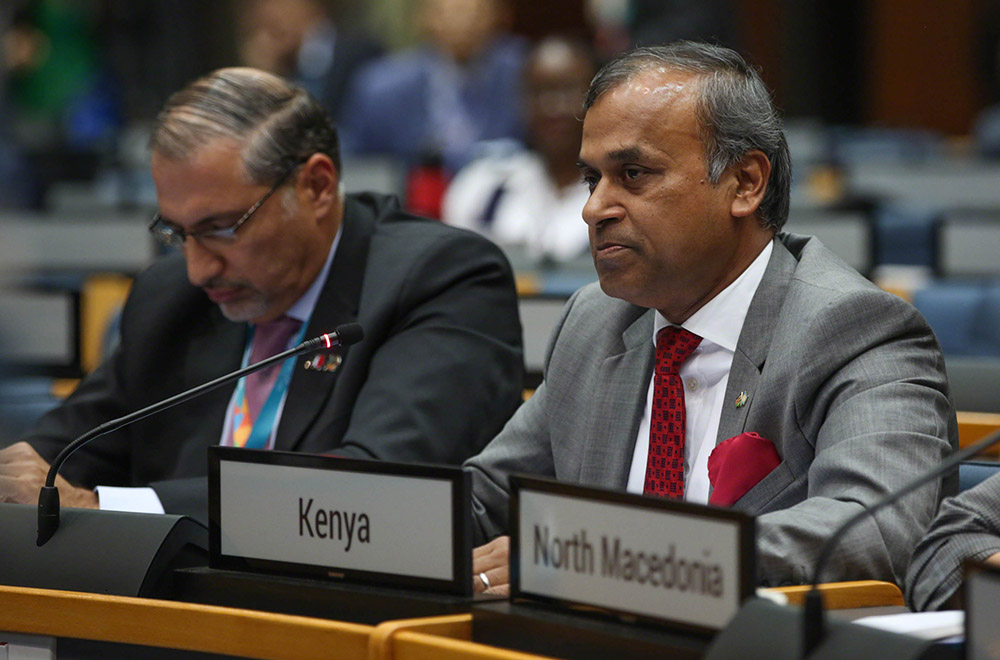NAIROBI 30 May 2019 – Among over 3,000 people attending the UN-Habitat Assembly, who include leaders, Ministers, Governors, Mayors, business leaders and NGOs there are several participants from United Nations agencies, programmes and the Secretariat.
In a video message to Special Event entitled The One UN Dialogue, the UN Deputy Secretary-General, Ms. Amina Mohammed, said: “Addressing the mega trend of urbanization so that it promotes sustainable development will require a whole-of-system approach, and joined up action at all levels of engagement.”
She said that for the past two years she and the UN Secretary-General had been pursuing reforms to ensure the United Nations' development system is fit to support the delivery of 17 Sustainable Development Goals, including the urban agenda.

A “roadmap” was how Ms. Mohammed defined the UN's new Systemwide Strategy for Sustainable Urban Development, that was endorsed in early May 2019. She emphasized this Strategy would enable the United Nations to improve urban data collection and diagnostic tools to analyse for inequality, and the impacts of urbanization on economic growth, climate change, and disaster response and prevention.
“Partnerships will be crucial to bringing all this to life,” she noted. “We must enlist the best that civil society, the private sector, academic institutions, the philanthropic community and others can provide.”
The UN Systemwide Strategy for Sustainable Urban Development was created through a collaborative process between senior leadership of 42 UN agencies, as well as leadership of the International Monetary Fund and the World Bank.
The UN-Habitat Executive Director Ms. Maimunah Mohd Sharif reflected on the UN's prioritization of urbanization as a mega trend, and the recognition that urbanization is essential for the attainment of the Sustainable Development Goals (SDGs),
“To promote greater coherence across the UN system, the Strategy identifies four key outcomes: equality/poverty eradication, prosperity and economic growth, climate action and environmental protection, and crisis response and prevention. It is towards these four shared outcomes that we must orient our work,” she said.
UN Environment Acting Executive Director, Ms. Joyce Msuya, said she was a strong believer in UN reforms.
“How we manage our cities will determine our success in achieving the sustainable development goals. With 70 per cent of the infrastructure needed for 2050 still to be built, we have a unique opportunity to lock in sustainable urban development into the design,” she stated,

President of the UN-Habitat Assembly, Ms. Martha Delgado, said she saw the UN's new Systemwide Strategy for Sustainable Urban Development as an opportunity for partnership.
“There is a need for organising a better way to bring the UN to the people, so that the UN is not closed to the people,” she said. “There is nothing closer to the citizens than local government and national government.”

“This is a mega trend, it cannot be confined to one agency,” said Chris Williams, Director of the New York Office of UN-Habitat. “We're talking about urban, but also how the UN can work in a more effective manner.”
He invited UN Resident Coordinators, the highest ranking UN officers in a country who report directly to UN Secretary-General, to contextualise the challenges and opportunities of creating the space for effective collaboration between UN agencies and programs.

All photos on this page are by IISD/ENB | Kiara Worth
For more IISD images from the UN-Habitat Assembly please go to http://enb.iisd.org/habitat/assembly/1/attrib/